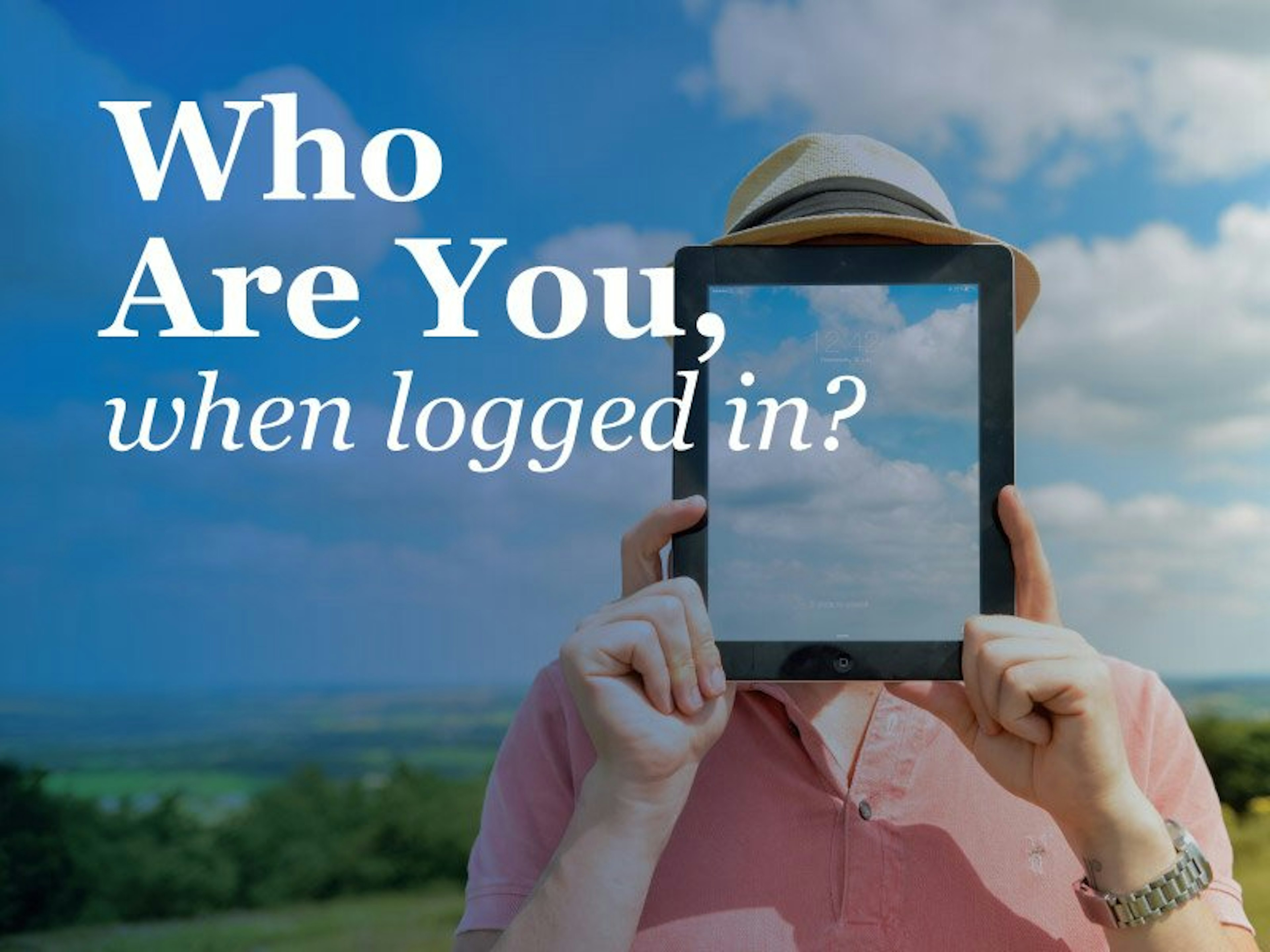The Flâneur, the Badaud and the Empathetic Worker
Ever thought of studying the medium of Facebook or other mediums from the socio-political and cultural context? A French researcher analyzed the Facebook user by trying to understand what people do on such social media platforms.
When consuming and contributing to the content put out on Facebook, it is said that the people are flâneurs, badauds and empathetic workers. The former two terms have been popular when describing mass culture in French literature in the 18th and 19th centuries.
The original definition of the flâneur is that of a stroller, an aimless wanderer who doesn’t have a goal to meet in his wanderings. He is one who observes life around him, without necessarily taking an active role in it. He is like the modern day window shopper. According to the thinker, Walter Benjamin, the figure of the flâneur met his demise with the triumph of consumer capitalism. With the rise of consumerism, needs were created with the view of a target audience. People knew what to look for and where, even before the product hit the marketplace. The flâneur became the badaud, losing himself in the crowd and losing his creativity and desire for exploration. The badaud is a gawker, feeding on whatever is sensational, as part of a larger crowd.
Netchitailova, a scholar of social sciences, points out in this article that the Facebook user is both a stroller and a gawker. He scrolls up and down his newsfeed aimlessly on the phone, sometimes even without realizing. So he is a flâneur. At the same time, he is also feeding on whatever’s trending, the memes which are going viral as well as being a part of hashtag activisms on such mediums like #MeToo or #GayForADay. Here, he is the motive driven bystander, the badaud.
Along with this, we are simply generating more and more content to serve the purpose of the larger corporation out there and we are doing so empathetically. We know we’re mere labourers in the process but we are empathetic to their needs as by putting out content on a larger social platform we also get a chance of creating conversations which would be difficult to generate offline, or so the biggest curators of content would want us to believe!
This article is adapted from Ekaterina Netchitailova’s “The Flaneur, the Badaud and the Empathetic Worker.”



